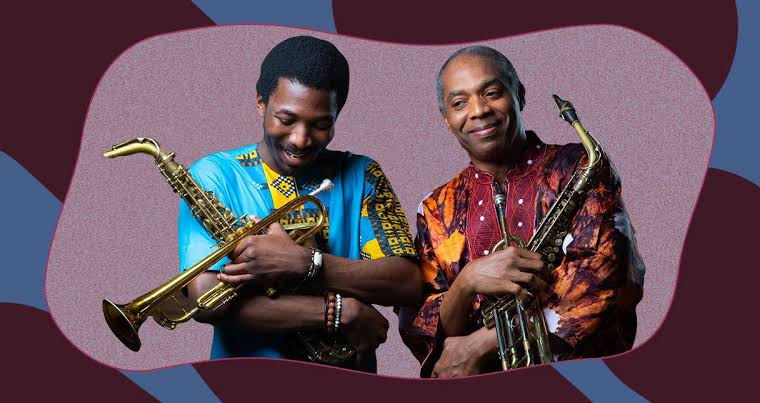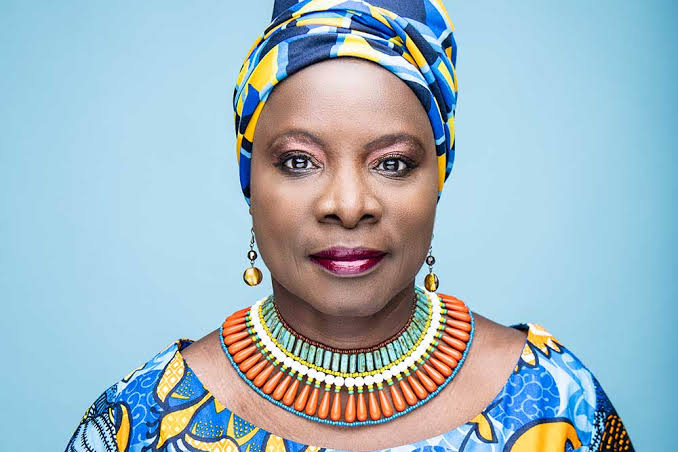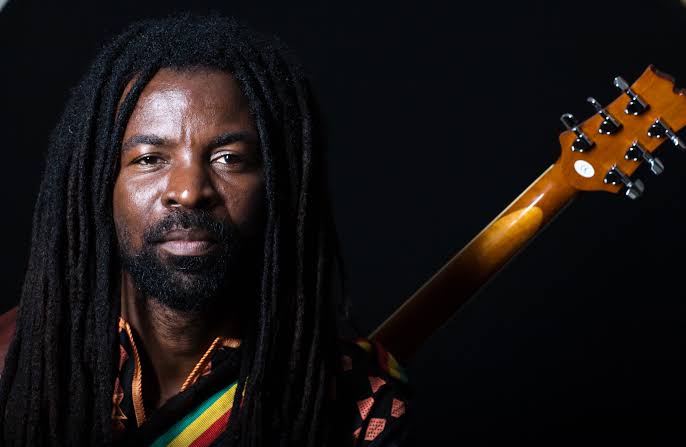2022 Grammys Award nominations are out…let’s take a look at all the cards on the table, and see whose hand holds the finest deck.
By Chinonso Ihekire
For the past 30 years, African music has been considered, among other global spectacular soundpieces, by the Grammy Academy. However, it was initially marinated with a subtle colonial slur, which reflected in the moniker “World Music Album.”
Now, with a new paradigm shift that has seen the category being renamed to “Best Global Music,” which is typically a lesser of two evils, among other changes, African superstars are now more recognisable under the USA-domiciled Vatican of all existing music awards. Interestingly, the Grammy has also created a “Best Global Music Performance” category which spotlights “influential music from across the globe.”
While Burna Boy in the 63rd Grammy Awards became the first Nigerian artiste to clinch the Gilded Gramophone for his stellar fifth album dubbed, “Twice as Tall,” many Africans are curious to see whether his bosom friend and collaborator, Wizkid, would also join him to clinch that title.
The 64th Grammy Award nominations are out. And by now, you must be grinning from ear to ear. Before the winners are announced in January 2022, let’s take a look at all the cards on the table, and see whose hand holds the finest deck.
Wizkid (Made in Lagos, Deluxe version)

This album came through like a prophecy in the closing chapters of 2020. Wizkid teased his fourth studio album for over four years. The joy rented the atmosphere as if it had just been declared that there was a vaccine to end all pandemics. It is expected that people looked towards the 14-track album (which becomes 17 on the deluxe version) as a sort of catharsis. And “Made in Lagos,” complicatedly presents a similar effect. The love-themed album explores the sonic evolution of Big Wiz whose voice and melody are now finding a steady footing in international waters. The project itself is more of a sensual than an introspective one.
Some of the songs, especially “Essence (featuring Tems),” are already global sensations. However, the record holds its roses for having a cultural impact on the industry as one of the most commercially successful projects out of Africa.
Femi Kuti and Made Kuti (Legacy+)

The father-and-son duo helmed a name for themselves in the annals of history with their joint album dubbed, “Legacy+.” This project which is also a debut for Made Kuti is one of the finest offerings of Afrobeat music, since its inception by the duo’s ancestor, Fela Kuti.
While nobody in the world can play Afrobeat music better than its progenitor, Femi Kuti and his son have successfully shaped the legendary melody with different elements including electronic dance, RnB, Pop, Rock, among others, to give it a different feel. “Legacy+” achieves this. The project, which was solely composed by the duo, retains the traditional satirical and introspective lyricism of the genre’s progenitor.
The project is not just groovy, but is also very groomed for longevity. Its joint nature helps to stretch the fanbase of the genre, with Femi’s part dubbed “Stop The Hate,” being tilted towards core Afrobeat lovers (mostly people in their 40s and above), to Made Kuti’s “Free Your Mind,” which is more of a gentler, coaxing version of Afrobeat. It is also quite exciting to see “Made in Lagos,” an Afrobeats project, jostle for this award alongside another Afrobeat work.
This is the fifth time Femi Kuti would be nominated for the Grammys since his first nomination in 2002, for his album, “Fight To Win.”
Angelique Kidjo (Mother Nature)

If anybody knows Kidjo, they know that she’s a culture aficionado. Expressive with her musical artistry, the Beninese veteran pilots African culture and Pan-Africanism with her discography. Her latest work, “Mother Nature,” aptly embraces the role of being a cultural reset button, flustering with a lot of didactic lyricism, as well as Afro rhythm. She worked alongside other African heavyweights such as Mr Eazi, Burna Boy, as well as Sampa the Great, to create a moving commentary on communal living.
Singing in her native tongue, as well as in English, Yoruba and French, the 61-year-old polyglot stretches the vertigo of Pan-Africanism with not just her lyrics, but also melody, blending the soothing mix of Zilin, Afrobeat, Banku, Afro-Hip/hop, among others. With her vivacious voice, she tears the veil of oppression, especially against women, using her songs like “Dignity (featuring Yemi Alade),” among others.
With four Grammy wins already, Kidjo rapidly becomes a household name in the Recording Academy as she has maintained a consistent nomination streak since her music video for “Agolo” which earned her a Grammy nod in 1995. Since 2014, she has been on a winning streak upon every nomination.
Rocky Dawuni (Voice of Bun Bun Vol 1)

Ghanaian-born Reggae singer, Rocky Dawuni, reheated the African music scene with his emotive memoir, “Voice of Bun Bun Vol 1.” The album, which was released last year, is symbolic to Dawuni who was born in the Northern-Ghanaian town of Bun Bun. While the album reverberates with beautiful themes of love, survival, struggles, faith, among others, the melodies glimmer with Dawuni’s masterful blend of Pop, Highlife, and Reggae. It defines Dawuni’s discography, as a plot-mover; telling his story in an intimate conversational style.
The pacing of the discourse from Volume 1 to 3 will help to butter his discography with different storylines and agendas. Honing his signature Afro-roots (Reggae, Afrobeat, Highlife and Soul/RnB), Dawuni provokes thought and introspection with his records dating back to 1996. With previous public affirmation of his desire to globalise Africa, Dawuni continues to use his discography, as he has done with “Voice of Bun Bun,” to bolster his pan-Africa apostolate. He has only been nominated once, in 2015, for the Grammys, under the “Best World Music” category.
And on that note, you can sniff where the crown lies. The only challenge is that they are all smeared with similar colognes. Meanwhile, the new “Best Global Music Performance” category sees Burna Boy, Tems, joining Angelique Kidjo, and Wizkid, respectively, to receive Grammy nods. Also, Femi Kuti is spotlighted alongside Arooj Aftab (Pakistani vocalist), and Yo-Yo Ma (French Cellist) for this same category.
This category exemplifies influential music from across the globe. And so the adjudging metrics will be highly subjective either on chart-success, or street-value, among others. While Afrocritik will like to delve into these profiles, for a new category, it is more important to observe as it unfurls.
So, until January 31, it continues to be a suspenseful speculation. And we are here for it.
Chinonso Ihekire is a music critic, a journalist and a filmmaker based in Lagos, Nigeria. He believes in the power of using art to positively radicalize society. Reach out on Instagram @Chinonsotherevolutionary and Twitter @ChinonsoIhekire




